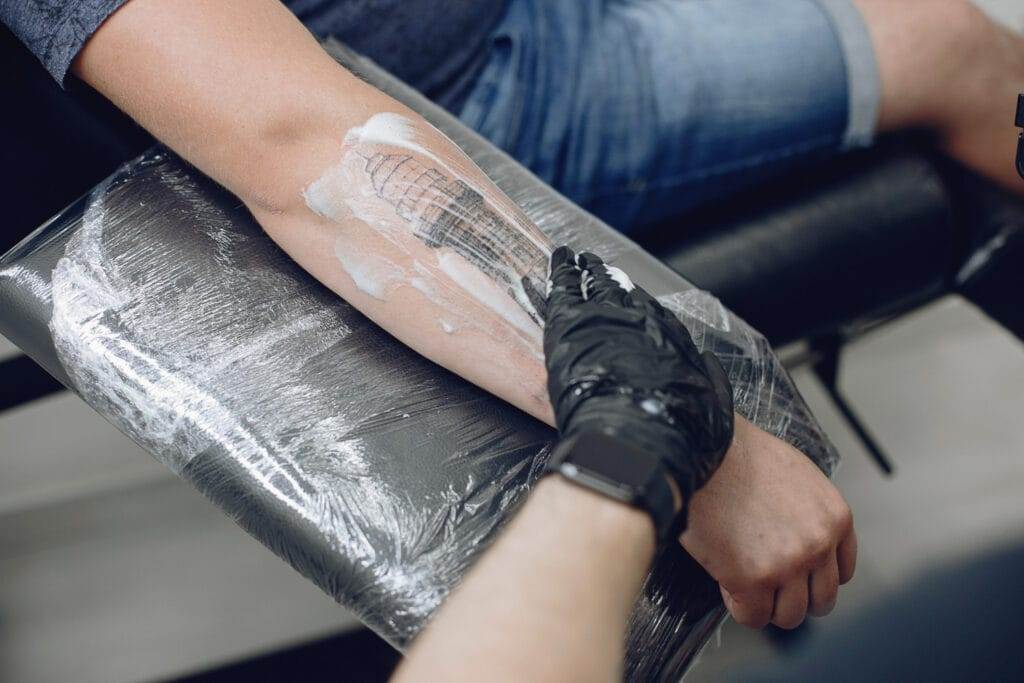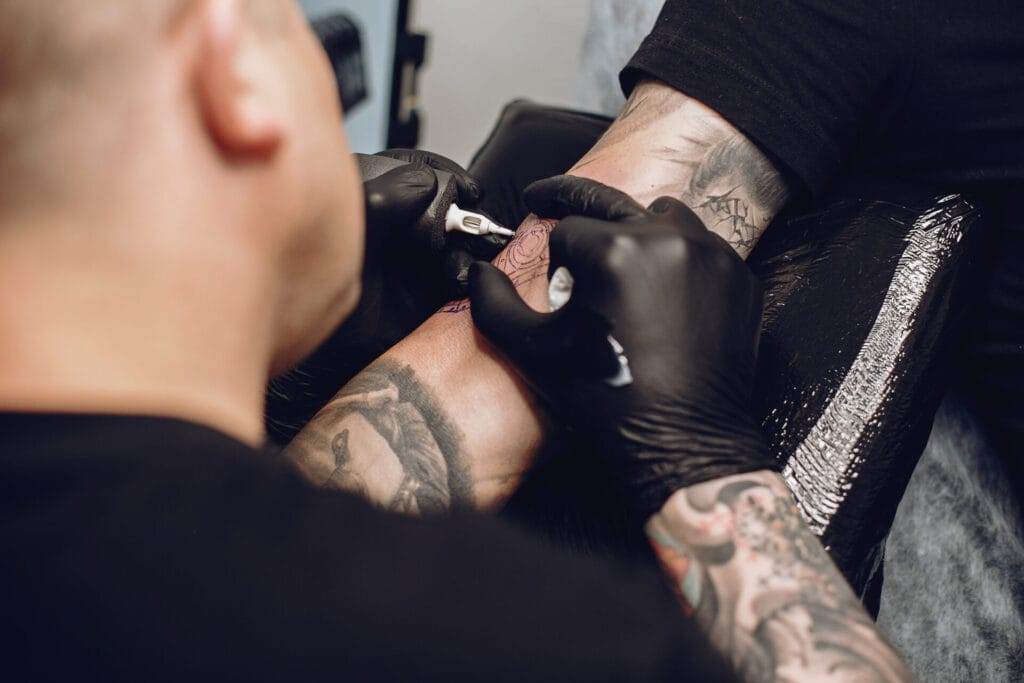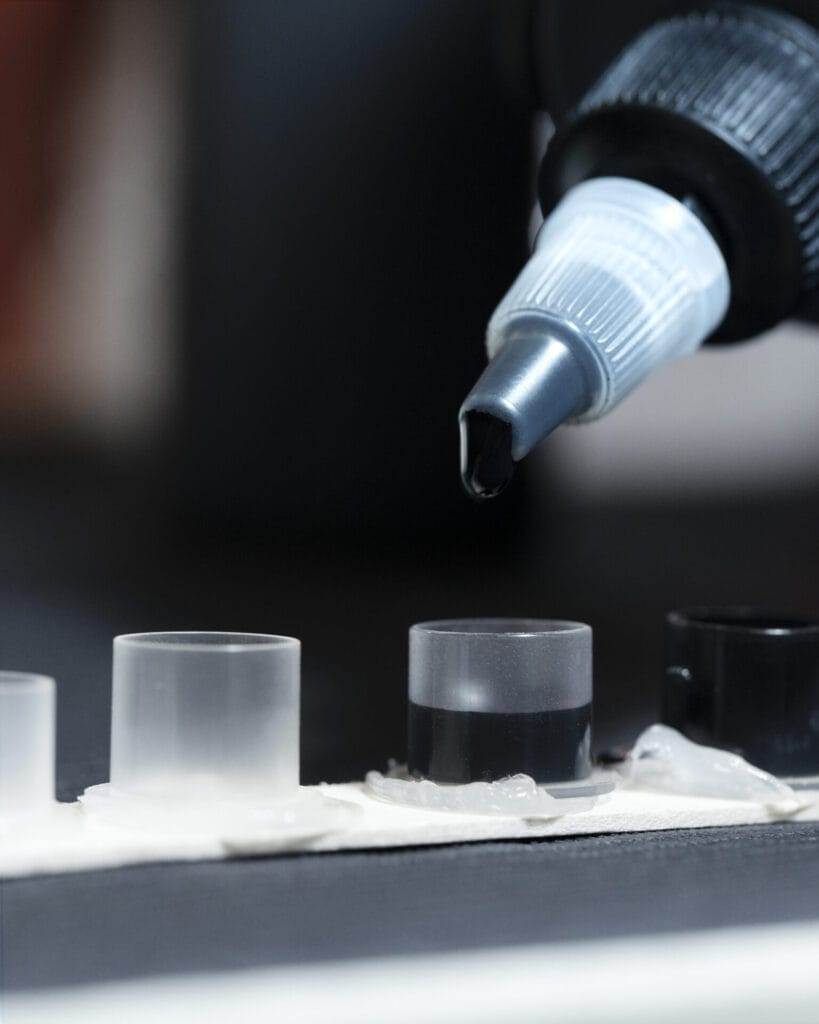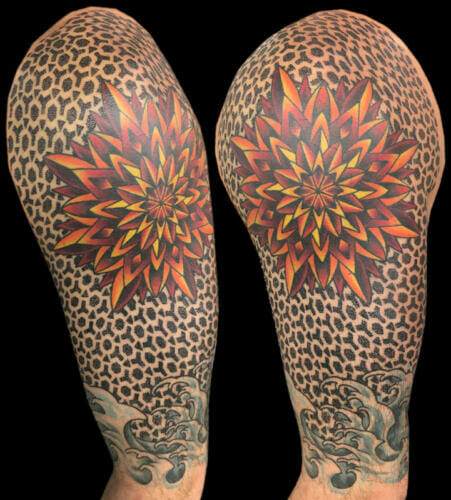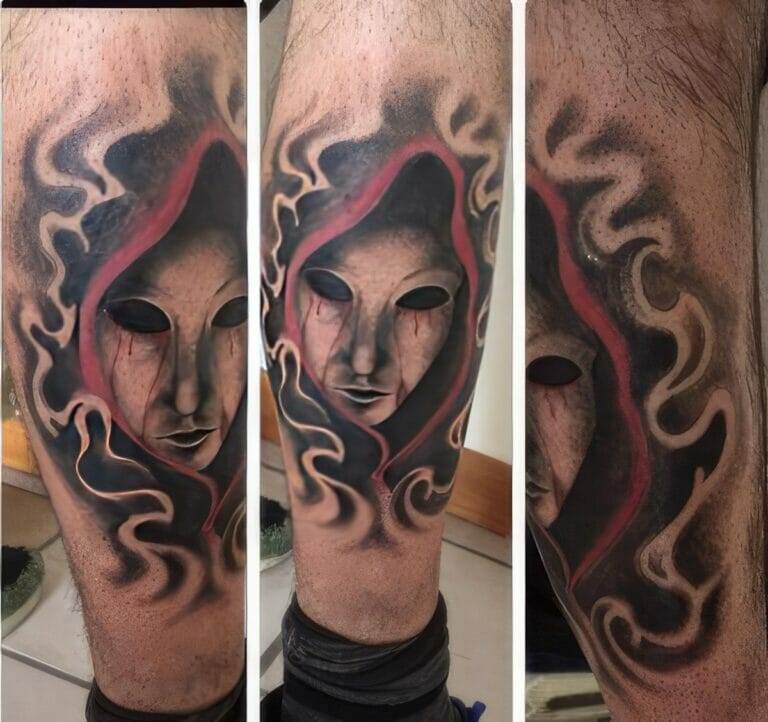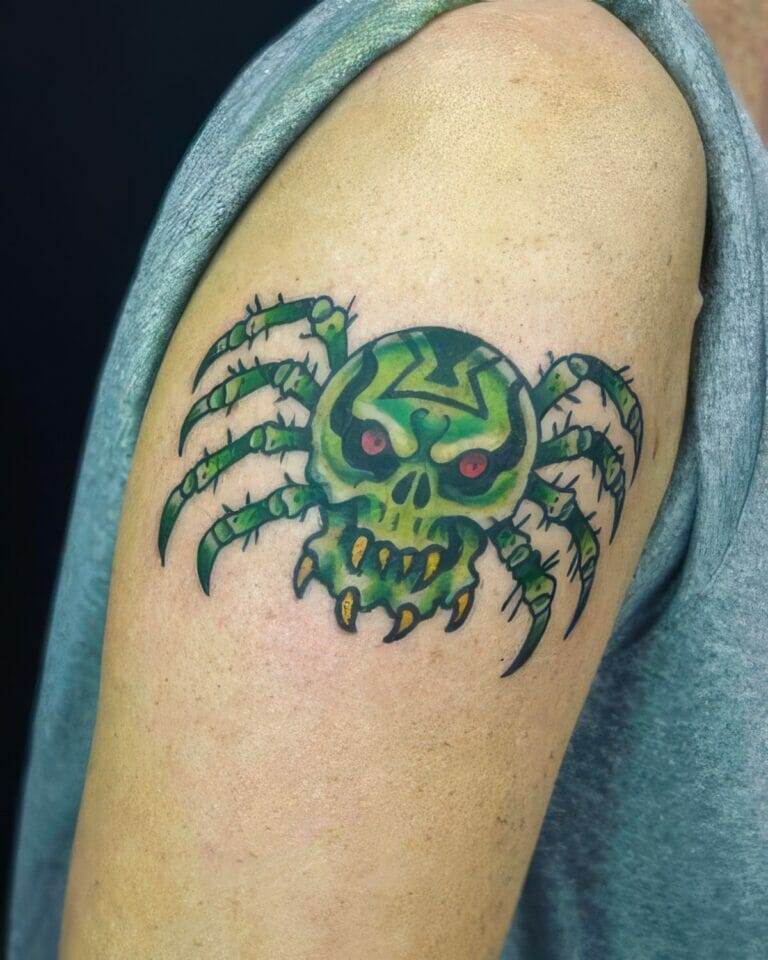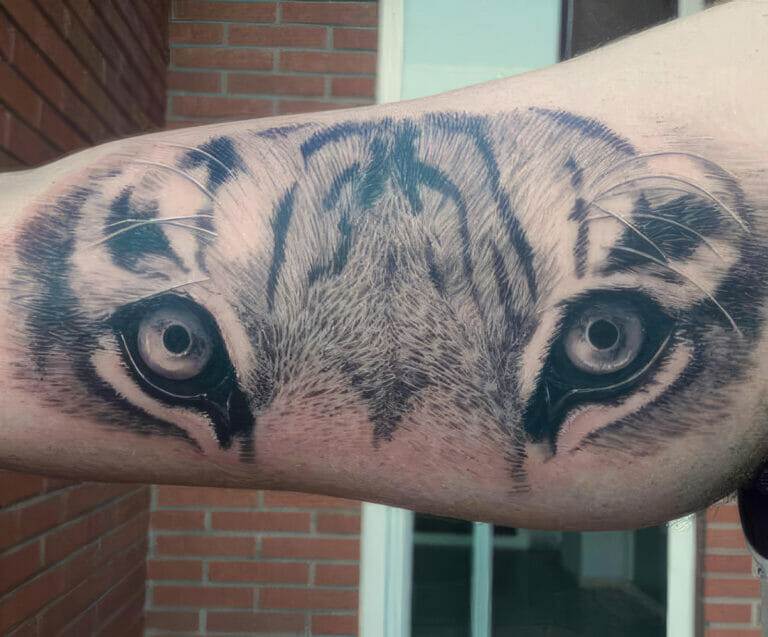
In recent years, blackwork tattoos have seen a surge in popularity within the tattoo community. These bold and striking designs, characterized by their use of solid black ink, have captivated the attention of tattoo enthusiasts around the world. Blackwork tattoos are known for their intricate patterns, geometric shapes, and mandala designs, which create a visually stunning and unique aesthetic. This article will delve into the historical significance, cultural diversity, and symbolism behind blackwork tattoos, exploring their role in personal identity expression and their enduring legacy in contemporary tattoo culture.
The Historical Significance of Blackwork Tattoos
Blackwork tattoos have a rich history that dates back centuries. They were used in ancient cultures as a form of body adornment and cultural expression. In many traditional societies, black ink was the primary color used for tattooing due to its durability and longevity. The use of black ink symbolized strength, power, and protection. It was believed that black ink had the ability to ward off evil spirits and provide spiritual guidance.
The Cultural Diversity of Blackwork Tattooing
Blackwork tattoos can be found in various cultures around the world, each with its own unique style and technique. In Polynesian cultures, for example, blackwork tattoos are known as “tatau” and are deeply rooted in their cultural identity. These tattoos often feature intricate patterns and symbols that represent important aspects of Polynesian culture such as family, spirituality, and nature.
In African cultures, blackwork tattoos have been used for centuries as a form of tribal identification and rites of passage. These tattoos often feature bold geometric patterns that symbolize strength, courage, and tribal affiliation. In some African tribes, blackwork tattoos are also used to mark important life events such as marriage or childbirth.
The Symbolism of Geometric Blackwork Tattoos
Geometric blackwork tattoos are characterized by their use of intricate patterns and shapes. These designs often feature symmetrical and balanced compositions, which symbolize harmony and order. The use of geometric shapes in blackwork tattoos can also represent the interconnectedness of all things and the cyclical nature of life.
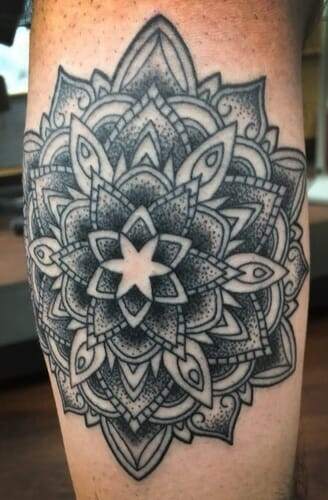
The Spiritual Significance of Mandala Blackwork Tattoos
Mandala blackwork tattoos have a deep spiritual significance in many cultures. The word “mandala” is derived from Sanskrit and means “circle.” Mandalas are often used as a tool for meditation and spiritual growth. In blackwork tattooing, mandalas are used to symbolize unity, wholeness, and the journey towards self-realization. The intricate patterns and symmetrical designs of mandalas create a sense of balance and harmony, which can be deeply calming and meditative.
The Meaning Behind Dotwork Blackwork Tattoos
Dotwork is a technique commonly used in blackwork tattoos, where the design is created using a series of dots rather than solid lines. Dotwork tattoos can be incredibly intricate and detailed, creating a visually stunning effect. The use of dots in blackwork tattoos can symbolize various things depending on the cultural context. In some cultures, dots represent the connection between the physical and spiritual realms, while in others they symbolize protection or guidance.
The Symbolism of Blackwork Tattoos in Tribal Cultures
In many traditional tribal cultures, blackwork tattoos hold great significance. These tattoos are often used to mark important life events such as coming of age ceremonies or marriage. They serve as a visual representation of one’s cultural identity and tribal affiliation. Blackwork tattoos in tribal cultures often feature bold patterns and symbols that represent strength, courage, and ancestral heritage.
The Role of Blackwork Tattoos in Contemporary Art
Blackwork tattoos have also made a significant impact on contemporary art and design. Many artists and designers draw inspiration from blackwork tattoos, incorporating their bold and striking aesthetic into their work. Blackwork tattoos have also influenced fashion trends, with many people choosing to wear clothing and accessories that feature blackwork-inspired designs.
The Significance of Blackwork Tattoos in Identity Expression
Blackwork tattoos play a crucial role in personal identity expression and empowerment. For many individuals, getting a blackwork tattoo is a way to express their individuality and uniqueness. These tattoos allow people to showcase their personal beliefs, values, and interests through intricate and meaningful designs. Blackwork tattoos can also serve as a form of self-empowerment, allowing individuals to reclaim their bodies and express themselves authentically.
The Emotional Power of Blackwork Tattoos
Blackwork tattoos have a profound emotional impact on both the wearer and the viewer. For the wearer, getting a blackwork tattoo can be a deeply personal and transformative experience. It can serve as a form of self-expression, allowing individuals to process and heal emotional wounds. For the viewer, blackwork tattoos can evoke a range of emotions, from awe and admiration to curiosity and intrigue. The bold and striking designs of blackwork tattoos often leave a lasting impression on those who see them.
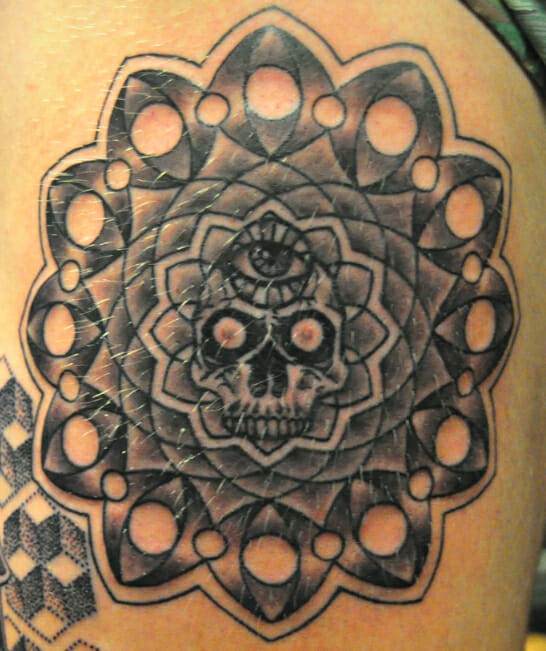
The Enduring Legacy of Blackwork Tattooing
Blackwork tattoos have a rich history and cultural significance that continues to resonate in contemporary tattoo culture. From their origins in ancient cultures to their influence on contemporary art and design, blackwork tattoos have left an indelible mark on the world of tattooing. These bold and striking designs serve as a powerful form of self-expression and personal identity, allowing individuals to showcase their uniqueness and individuality. As the popularity of blackwork tattoos continues to grow, their enduring legacy will undoubtedly continue to shape the world of tattoo culture for years to come.

